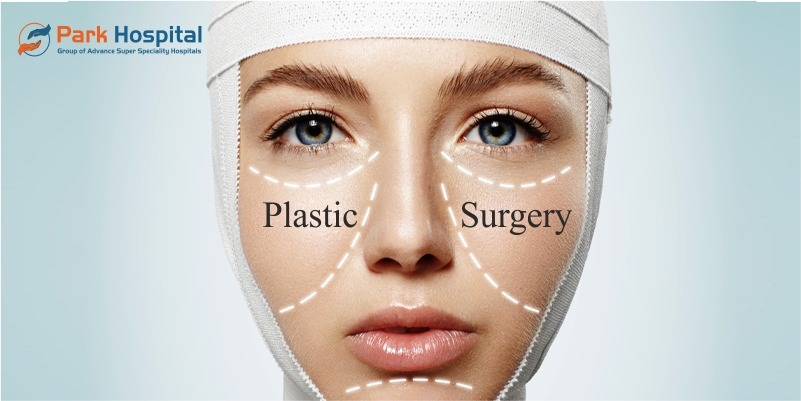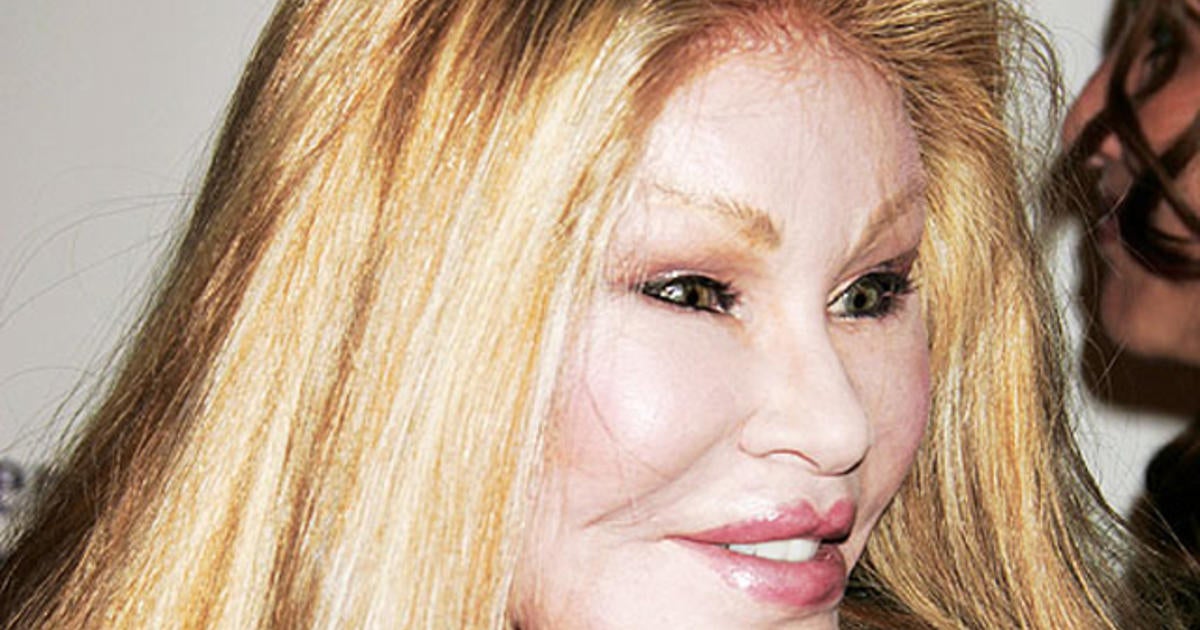Exploring the Emotional and Social Factors That Drive Individuals to Consider Plastic Surgery as a Method of Enhancement
The decision to go after cosmetic surgical procedure usually extends past mere visual appeals, intertwining with emotional and social characteristics that merit comprehensive examination. Variables such as self-confidence, prevalent social beauty standards, and the pervasive influence of social media merge to shape individual motivations for medical enhancement.
The Function of Self-Esteem
Self-confidence significantly influences a person's decision to pursue plastic surgery. People with reduced self-confidence usually view themselves in an adverse light, resulting in sensations of insufficiency concerning their physical look. This negative self-perception can drive them to look for surgical interventions as a technique of enhancing their self-image. The desire for renovation in one's look is often linked to an idea that such adjustments will certainly boost their general self-respect and confidence.

Ultimately, the duty of self-esteem in the decision-making process concerning cosmetic surgical treatment highlights the complex interaction between body image, individual satisfaction, and mental health. Recognizing this partnership is important for health care experts to ensure that clients are making informed decisions rooted in sensible expectations and emotional well-being.
Social Beauty Criteria
Influenced by prevalent media representations and social narratives, societal appeal standards play a vital role fit people' understandings of their very own bodies. These requirements are commonly characterized by an idyllic kind of appeal that highlights traits such as proportion, youthful vigor, and slimness. As these ideals are continued with various networks, including advertising and marketing, film, and tv, individuals frequently internalize these messages, bring about discontentment with their all-natural look.
The implications of these societal standards expand beyond aesthetic preferences; they can affect self-confidence, psychological health and wellness, and social partnerships. Individuals who regard themselves as disappointing these standards may experience sensations of insufficiency, triggering a desire for cosmetic surgical treatment as a means of achieving social authorization. This pursuit is usually sustained by the belief that satisfying these suitables will improve not only physical appearance but additionally social standing and personal gratification.

Impact of Social Media Site
The impact of social elegance criteria is further amplified by the rise of social media systems, where curated pictures and idyllic depictions of beauty are common. Users are constantly subjected to filteringed system and modified pictures, which usually show unattainable physical characteristics. This direct exposure cultivates a culture of contrast, leading people to examine their very own look against these usually impractical benchmarks.
Social media influencers and celebs regularly promote cosmetic treatments, stabilizing the notion that surgical enhancements are a practical methods for accomplishing social perfects (plastic surgery rancho cucamonga). The visibility of these enhancements can produce an understanding that undergoing cosmetic surgical procedure is a typical practice, therefore affecting people to consider similar interventions as a pathway to boosted self-worth and social approval
Additionally, the interactive nature of social media permits for immediate comments with sort and comments, further strengthening the wish to adhere to prominent beauty requirements. Such communications can intensify feelings of insufficiency and drive individuals towards cosmetic surgery as a way of gaining recognition. Eventually, social media sites plays a pivotal function in forming assumptions of charm, which substantially impacts the decision-making procedures surrounding plastic surgery.

Cultural Perspectives on Look
Throughout various societies, understandings of appearance are deeply rooted in historic, social, and financial contexts, forming people' views on elegance and worth. In lots of societies, look works as a considerable pen of identification, influencing social standing, expert chances, and individual relationships. As an example, in some societies, light skin is typically connected with wide range and opportunity, while others may idealize darker skin tones as icons of toughness and credibility.
Additionally, typical appeal standards are typically perpetuated via social narratives, Discover More media representations, and family members affects, resulting in varying suitables across different regions (plastic surgery rancho cucamonga). In Western cultures, the focus on youth and physical conditioning usually drives people toward aesthetic enhancement, while in certain Eastern societies, even more refined modifications aligned with standard aesthetic appeals may be preferred
Globalization and the expansion of electronic media have even more complicated these characteristics, developing a hybridization of appeal ideals that goes beyond geographical boundaries. As individuals significantly browse these cultural narratives, the stress to comply with certain look requirements can cause the wish for plastic surgery, mirroring an intricate interplay of individual desires and cultural values. Comprehending these social viewpoints is necessary in dealing with the inspirations behind cosmetic surgery considerations.
Emotional Effects of Cosmetic Surgery
Numerous individuals looking for cosmetic surgical procedure record experiencing profound mental influences that can substantially change their self-perception and psychological health - plastic surgery rancho cucamonga. The desire for physical enhancement commonly originates from underlying issues such as low self-esteem, body dysmorphic disorder, or societal stress concerning elegance standards. For some, the instant post-operative stage can lead to a temporary boost in positive self-image and satisfaction with their look, cultivating a sense of empowerment
Nevertheless, these positive feelings may not be sustaining. Research study shows that while some clients experience enhanced self-esteem, others may face elevated anxiousness or depression if their assumptions are not satisfied. This disparity can emerge from unrealistic ideals bolstered by media depiction and social narratives surrounding elegance.
Furthermore, the psychological implications of cosmetic surgery prolong past the individual. Relationships with friends and family may be stressed as social dynamics change, resulting in feelings of seclusion or alienation. Ultimately, the emotional influences of plastic surgery are intricate and multifaceted, requiring mindful consideration by both possible individuals and health care carriers to make certain enlightened decision-making and practical expectations.
Verdict
Finally, the choice to go after cosmetic surgical procedure is significantly influenced by a combination of self-confidence issues, societal charm standards, and cultural viewpoints on look. The prevalent reach of social networks even more aggravates these stress, promoting impractical ideals that people usually strive to achieve. Recognizing these social and psychological variables is necessary for dealing with the motivations behind plastic surgery, highlighting the requirement for an extra nuanced discussion surrounding appeal and self-acceptance in modern culture.
The choice to pursue cosmetic surgical procedure typically expands beyond plain visual appeals, intertwining with emotional and social characteristics that warrant comprehensive assessment. Inevitably, social media plays a crucial duty in shaping understandings of appeal, which significantly impacts the decision-making procedures surrounding cosmetic surgical treatment.
As people significantly navigate these social stories, the stress to see this website adjust to particular article appearance criteria can lead to the wish for cosmetic surgery, reflecting a complicated interaction of cultural values and personal goals.In final thought, the decision to go after cosmetic surgical treatment is substantially influenced by a combination of self-esteem problems, societal elegance criteria, and social viewpoints on appearance. Understanding these mental and social elements is essential for addressing the motivations behind cosmetic surgical treatment, highlighting the requirement for an extra nuanced conversation bordering charm and self-acceptance in contemporary culture.
 Molly Ringwald Then & Now!
Molly Ringwald Then & Now! Loni Anderson Then & Now!
Loni Anderson Then & Now! Matilda Ledger Then & Now!
Matilda Ledger Then & Now! Robbie Rist Then & Now!
Robbie Rist Then & Now! Traci Lords Then & Now!
Traci Lords Then & Now!